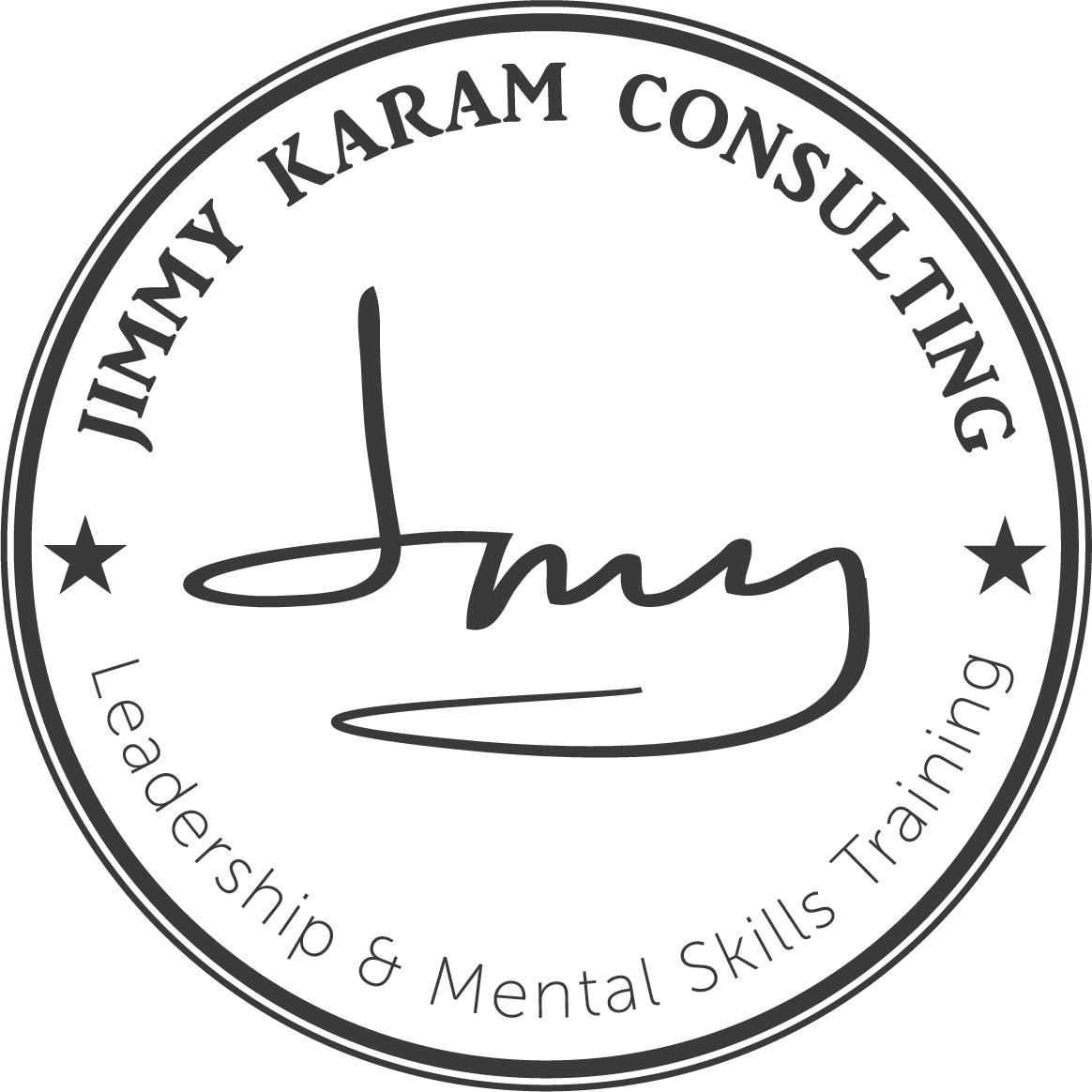The most important source of Self-Confidence is experience. Once athletes have done something, they will gain confidence in believing they can do it again. Past performance occurs in practice and in live events.
Naturally games are less frequent than practices, but coaches that implement game-time scenarios in their practice give their athletes more opportunity to gain self-confidence.
It’s the same idea when teachers give a child a repeated, timed practice test to help improve their actual test scores.
The better coaches can simulate game time scenarios, to include the additional pressure of time and independent decision-making opportunities, the more self-confidence the athlete will acquire, and the better the athlete will perform during their actual event.
Another very important point to make when using past performance to help boost an athlete’s self-confidence, focus on the athlete’s technical approach, attitude, and effort.
Do not focus on the outcome!
I’ve coached numerous running backs in the past who were fixated on their statistics (i.e., yards, touchdowns, receptions, etc.). The challenge for me was to convince them if they focus technical skills (i.e., reading and setting up their blocks, ball security, etc.), then good things will happen. After all, you can’t take your stats with you into the next season, only the skills you acquire this season.
The goal is to create a supportive and collaborative environment for your athletes to feel safe to make decisions, to learn from their mistakes, and to continue helping them discover that they do in fact have agency in developing their skills.
I’ll provide additional posts on best practices in giving athletes feedback and how to direct their attention, but for now keep the focus on providing your athlete ample opportunities to gain experience through simulated game-time scenarios.
Successful past performance is the number one source to an individual’s self-confidence.
The other three sources of self-confidence revolve around an athlete’s ability to self-regulate their emotions, to observe positive role models, and their ability to influence their inner dialogue.
Jimmy Karam, CMPC
